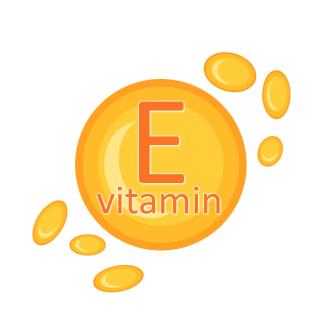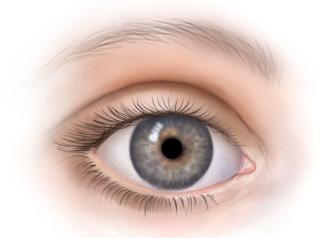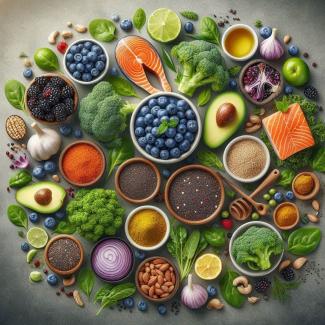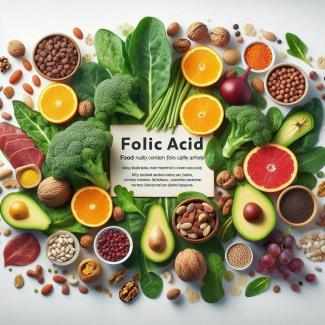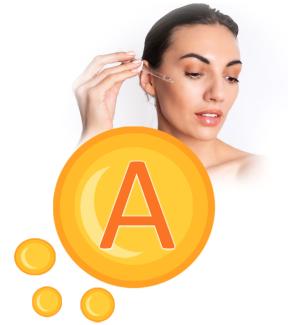
Facial wrinkles, a common sign of aging, can be effectively treated with various skincare ingredients, among which retinol is one of the most celebrated. Retinol, a derivative of Vitamin A, is renowned for its powerful anti-aging properties and is widely used to address wrinkles, improve skin texture, and enhance overall skin health. This comprehensive guide delves into what retinol is, how it works to reduce wrinkles, its impact on skin texture, the time frame for visible results, sources of retinol, and essential precautions for its use, supported by relevant scientific studies.
What is Retinol?
Retinol is a fat-soluble derivative of Vitamin A. It is a key ingredient in dermatology and skincare due to its potent effects on cellular turnover and skin health. Retinol is converted into retinoic acid within the skin, which is the active form responsible for its therapeutic benefits.
How Does Retinol Work on Wrinkles?
- Stimulates Collagen Production: Retinol promotes the synthesis of collagen, a structural protein that provides skin with firmness and elasticity. Increased collagen production helps to smooth out fine lines and wrinkles, reducing their appearance.
- Enhances Cell Turnover: Retinol accelerates the process of shedding old, dead skin cells and encourages the formation of new, healthy cells. This renewal process helps to diminish the visibility of wrinkles and improves overall skin texture.
- Reduces Hyperpigmentation: By promoting an even skin turnover, retinol can help to reduce age spots and uneven pigmentation, leading to a more uniform skin tone.
How Does Retinol Improve Skin Texture?
- Exfoliates the Skin: Retinol acts as an exfoliant, helping to remove the outer layer of dead skin cells. This action reveals fresher, smoother skin underneath and helps to reduce rough patches and uneven skin texture.
- Refines Pores: Regular use of retinol can help reduce the appearance of enlarged pores by keeping them clear of debris and encouraging even skin renewal.
- Increases Skin Elasticity: By stimulating collagen and elastin production, retinol enhances the skin’s elasticity and firmness, contributing to a more youthful and resilient texture.
How Long Does It Take for Retinol to Work?
Visible results from retinol typically begin to appear within 4 to 6 weeks of consistent application. Significant improvements in wrinkles and skin texture usually become evident after 3 to 6 months of regular use. The exact time frame can vary based on factors such as the concentration of retinol used, individual skin type, and frequency of application.
Where Do We Get Retinol?
- Skincare Products: Retinol is commonly found in over-the-counter creams, serums, and lotions. These products vary in concentration, allowing users to choose an appropriate strength for their needs.
- Prescription Retinoids: More potent forms of Vitamin A, such as tretinoin (retinoic acid), are available by prescription and may be recommended for more severe cases of skin aging.
- Dietary Sources: Retinol is also present in certain foods. Animal-based sources such as liver, dairy products, and eggs are rich in preformed Vitamin A, which the body can use directly.
Can We Produce Retinol Ourselves?
The human body cannot produce retinol on its own. However, it can convert beta-carotene, found in plant-based foods, into retinol. Beta-carotene is a precursor to Vitamin A and is abundant in foods such as carrots, sweet potatoes, and leafy green vegetables.
Can Retinol Be Obtained from Food?
Yes, retinol can be obtained from dietary sources. Foods high in preformed Vitamin A (retinol) include:
- Liver: A highly concentrated source of retinol.
- Dairy Products: Such as milk and cheese.
- Eggs: Particularly the yolks.
Plant-based sources provide beta-carotene, which is converted to retinol in the body. These sources include:
- Carrots
- Sweet Potatoes
- Spinach
- Kale
What Are the Precautions for Using Retinol?
- Sun Sensitivity: Retinol increases the skin’s sensitivity to sunlight. It is crucial to use a broad-spectrum sunscreen with a high SPF daily to protect the skin from UV damage.
- Initial Irritation: Users may experience redness, peeling, or dryness when starting retinol. This is typically temporary and can be managed by gradually introducing retinol into the routine and using a moisturizer.
- Avoid Strong Exfoliants: Avoid using retinol with other potent exfoliants or acids, such as AHAs or BHAs, to prevent excessive irritation.
- Consultation with a Dermatologist: Those with sensitive skin or specific skin conditions should consult a dermatologist before starting retinol to ensure it is suitable for their skin type.
Scientific Studies on Retinol
- Wrinkle Reduction: A study published in the Journal of the American Academy of Dermatology demonstrated that retinol significantly reduces fine lines and wrinkles by enhancing collagen production and accelerating cell turnover.
- Skin Texture Improvement: Research in Clinical, Cosmetic and Investigational Dermatology found that retinol improves skin texture by increasing skin cell turnover and stimulating the production of new, healthy skin cells.
- Safety and Efficacy: A review in Dermatologic Surgery highlighted that retinol is an effective anti-aging ingredient with a favorable safety profile. The study emphasized the importance of gradual use and sun protection to minimize potential side effects.
Retinol is a highly effective ingredient for addressing signs of aging, including wrinkles and uneven skin texture. By understanding its benefits, sources, and necessary precautions, individuals can use retinol effectively to achieve healthier, more youthful-looking skin.

